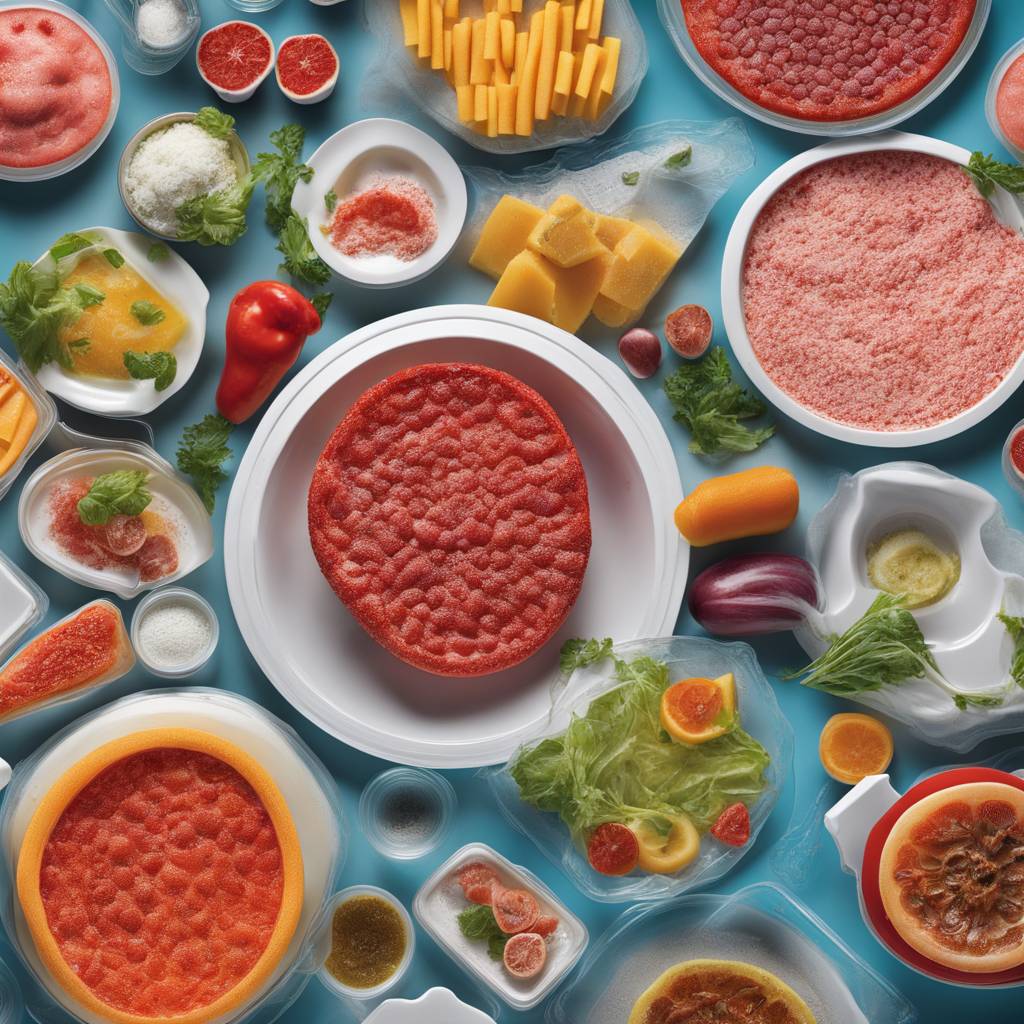Mold is a type of fungus that grows on food in the presence of moisture and oxygen. There are thousands of species of mold that spread by producing spores. Molds play a role in breaking down organic matter outdoors, but indoors, they can spoil food and should be avoided. Mold thrives in higher humidity and warmer temperatures, which is why refrigeration slows down its growth. Different types of mold can be harmful, while others, such as the molds used to make certain cheeses like blue cheese, are safe to consume.
Eating small amounts of mold is generally not harmful to most people, as the acids in the stomach and digestive enzymes break down the mold. However, for immunocompromised individuals, consuming mold can lead to fungal infections. Some molds can produce toxic substances called mycotoxins, which can cause serious health risks, including cancer. It is difficult to determine if mold is toxic just by looking at it, so it is best to avoid eating moldy foods when possible. People with mold allergies may also experience symptoms such as sneezing, a runny nose, or an itchy throat from ingesting mold.
The amount of mold consumed also plays a role in determining its effects on health. While small amounts of mold are unlikely to cause illness in most people, larger quantities may result in nausea or stomach upset. People naturally tend to avoid eating spoiled food due to its unappealing taste and appearance. For individuals with mold allergies, even small amounts of moldy food can cause adverse reactions. Ingesting large doses of certain mycotoxins can lead to acute poisoning or liver damage, although this is relatively rare.
Cutting out or around mold on food may not eliminate the mold entirely, as it can penetrate deep into the food. Slicing through moldy spots on food can also spread spores to other parts of the food. Moldy food may also contain harmful bacteria that are not visible to the naked eye. If you have consumed moldy food and develop severe gastrointestinal symptoms or signs of an allergic reaction, it is important to seek medical attention. To prevent mold growth on foods, it is recommended to discard all food that is growing mold, clean surfaces and containers that touched moldy food, refrigerate perishables at 40 degrees or lower, and store cooked food within two hours of serving.



